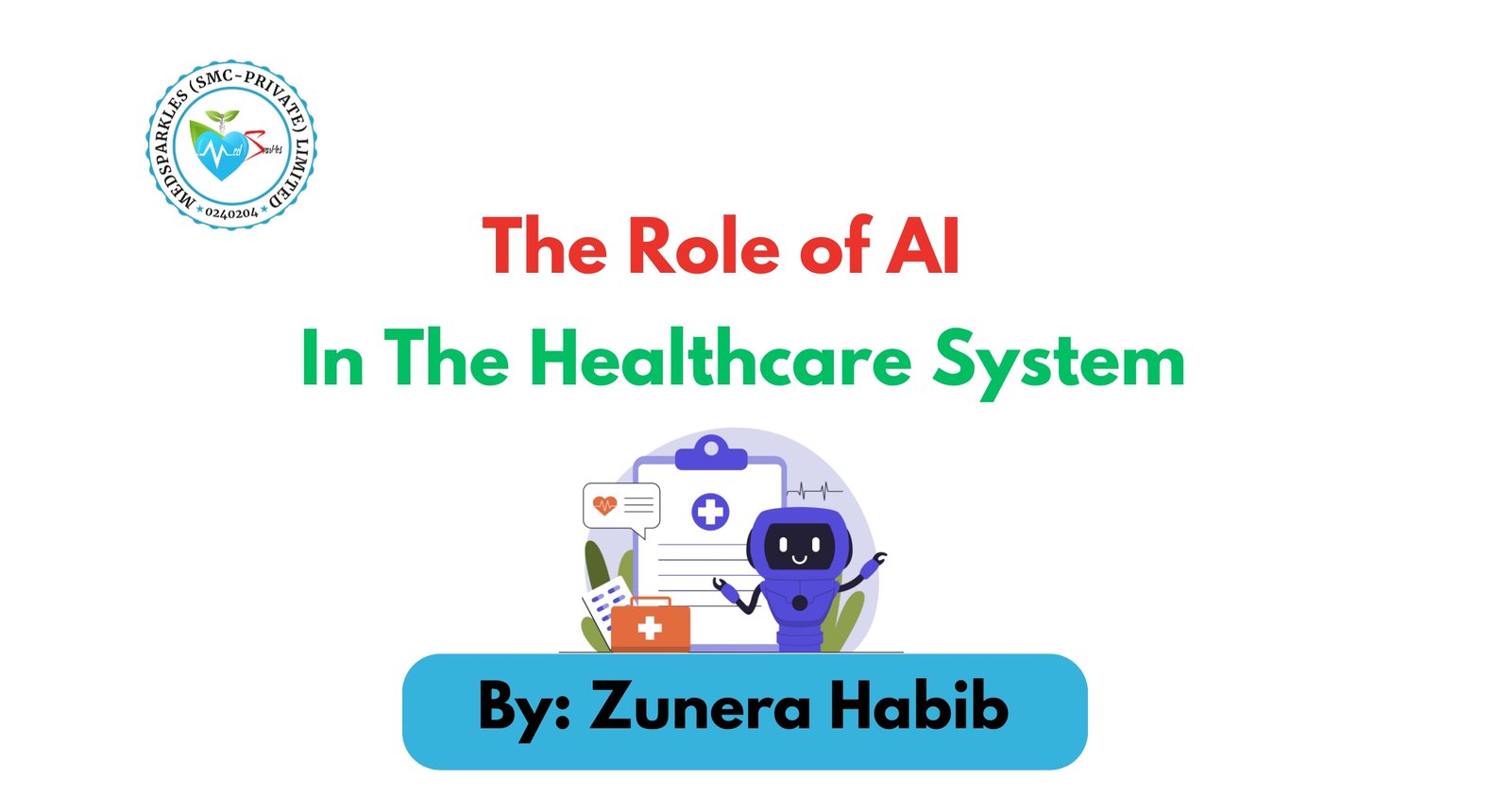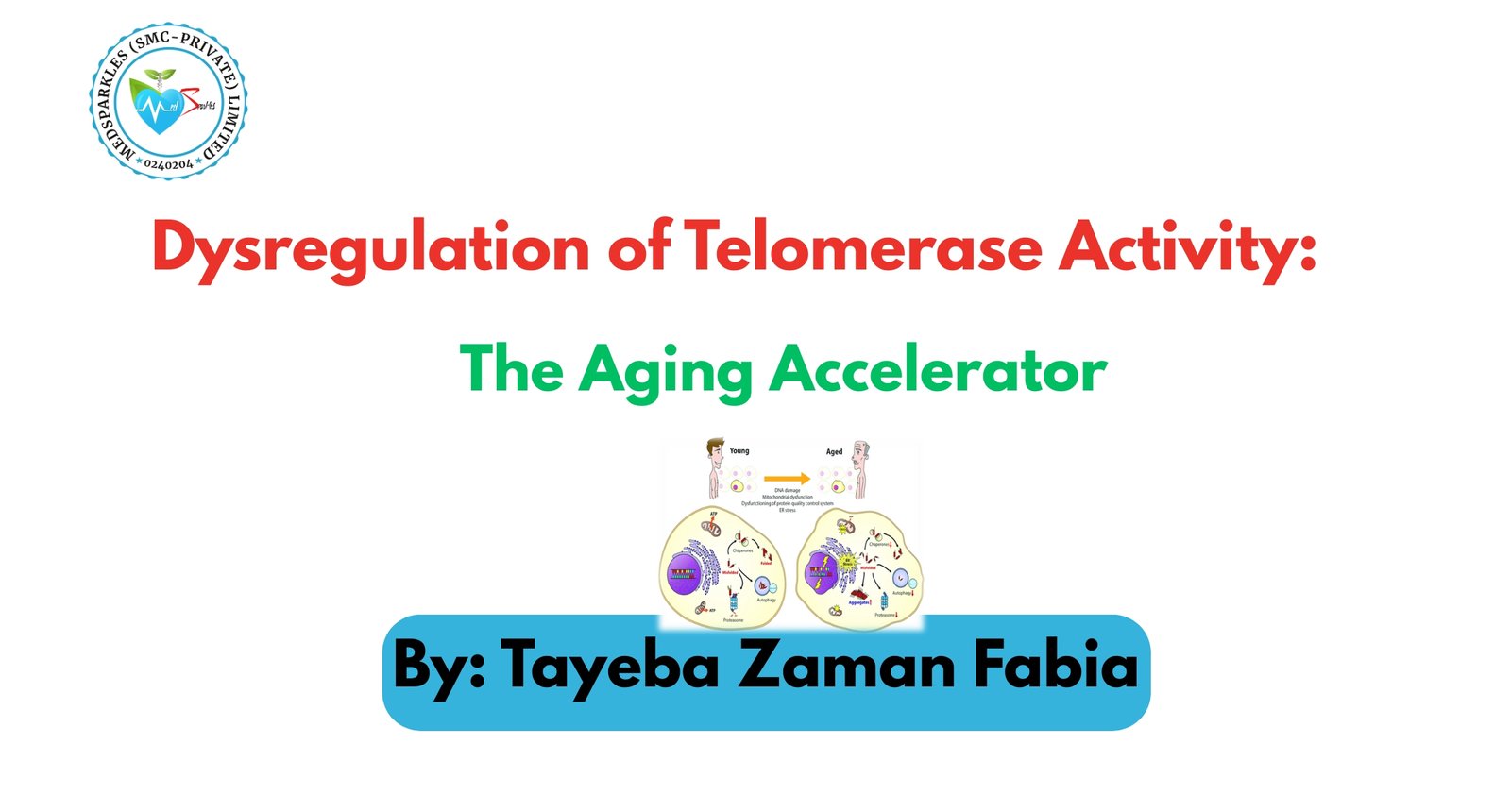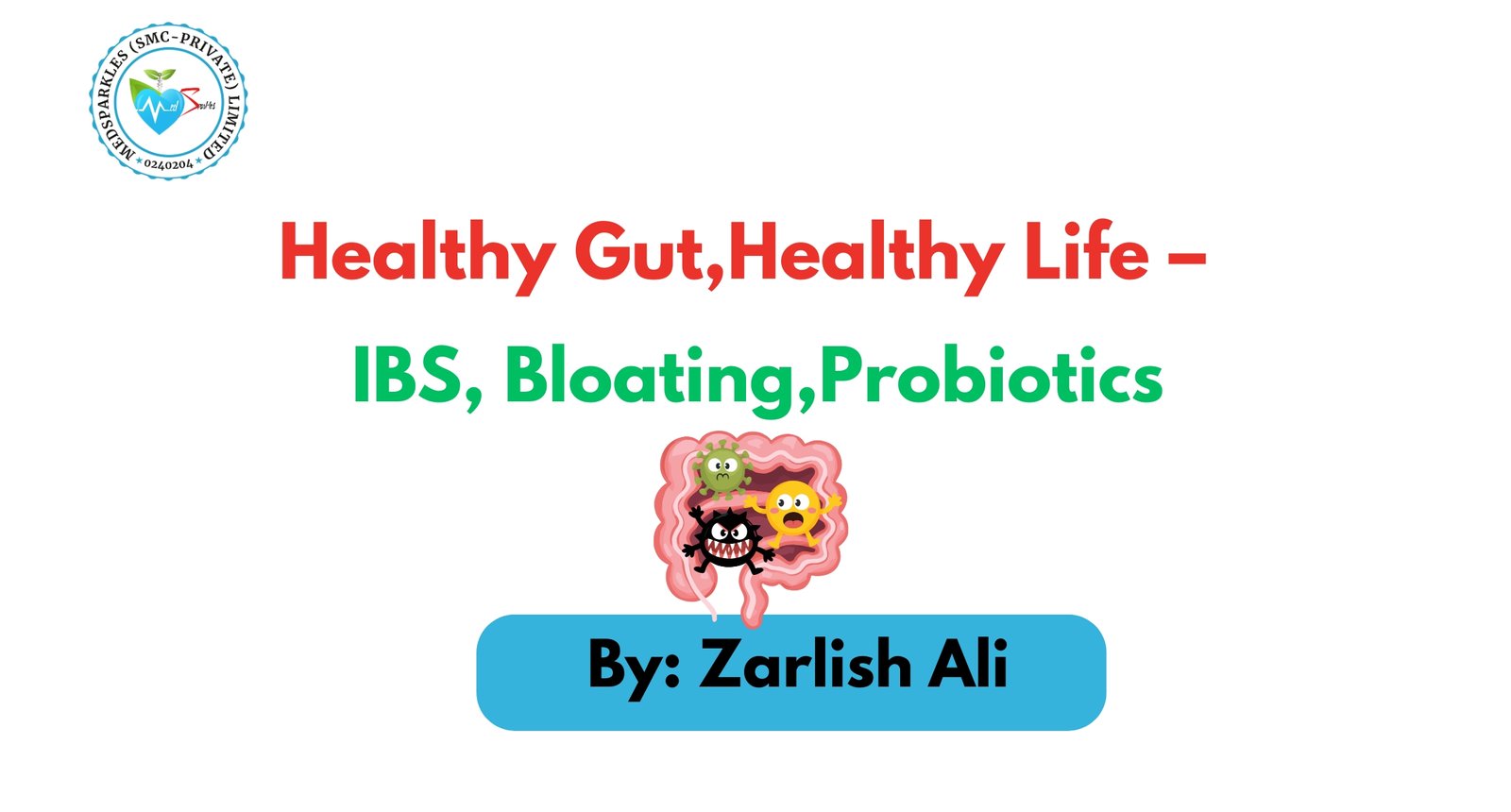In recent years, Artificial Intelligence (AI) has moved beyond being just a buzzword and has started reshaping entire industries. Among all the sectors touched by AI, healthcare is perhaps the most transformative. From early disease detection to personalized treatment plans, AI is steadily becoming a powerful partner to doctors, researchers, and patients alike. The integration of AI into healthcare is not about replacing medical professionals, but about equipping them with advanced tools to make better, faster, and more accurate decisions.
Early Diagnosis and Detection:
One of the biggest strengths of AI lies in its ability to analyze massive amounts of data within seconds. In healthcare, this power translates into early diagnosis of diseases. For example, AI algorithms can analyze thousands of radiology images and identify patterns of conditions such as cancer, heart disease, or neurological disorders that may be invisible to the human eye in their initial stages.
AI-powered systems such as IBM Watson or Google’s DeepMind have shown promising results in predicting the likelihood of diseases before symptoms fully develop. Early detection doesn’t just save time; it can literally save lives by starting treatment before the disease spreads or worsens.

Personalized Treatment Plans:
Traditional healthcare often follows a “one-size-fits-all” approach, but AI is changing that. By analyzing an individual’s medical history, genetics, lifestyle, and even wearable device data, AI can help doctors design treatment plans tailored to each patient. For instance, cancer patients may respond differently to chemotherapy, and AI can predict which drug combinations will be more effective for a specific individual. This not only improves recovery chances but also reduces side effects.
Drug Discovery and Research:
Developing a new medicine usually takes years of research and billions of dollars. AI is drastically shortening this timeline. By simulating how molecules will interact in the body, AI can predict which compounds are worth testing in real-life trials. During the COVID-19 pandemic, AI tools were used to speed up vaccine research and drug repurposing. This shows how AI can accelerate medical innovation and make treatments more accessible at lower costs.
Virtual Health Assistants:
Another visible role of AI in healthcare is through virtual health assistants. These are not just chatbots that answer basic queries, but smart systems that can remind patients to take medications, monitor vital signs, or even connect them with doctors in real-time. For elderly patients or those with chronic illnesses, such AI companions provide constant support and reduce the chances of medical negligence at home.
Administrative Support:
Healthcare is not just about doctors and patients; it also involves a mountain of paperwork, billing, insurance claims, and record-keeping. AI-powered automation tools are easing this burden by handling repetitive tasks like scheduling appointments, updating patient records, and processing insurance. This allows healthcare workers to spend more time on patient care rather than paperwork.
AI in Surgery and Robotics:
Robotic-assisted surgeries, powered by AI, are becoming increasingly common in advanced hospitals. These systems allow surgeons to perform delicate procedures with higher precision and less invasion. For example, robotic arms guided by AI can minimize human error during complex surgeries such as neurosurgery or cardiac operations. Patients benefit from quicker recovery times and reduced complications.
Remote Patient Monitoring:
With wearable devices like smartwatches and health trackers, AI can continuously monitor a patient’s health even outside the hospital. These devices collect real-time data such as heart rate, oxygen levels, and blood pressure. AI then analyzes this information to detect abnormalities and alert both patients and doctors. This kind of continuous monitoring is especially valuable for people with chronic illnesses like diabetes or hypertension.

Challenges of AI in Healthcare:
While the benefits of AI in healthcare are numerous, it is important to acknowledge the challenges as well. Data privacy remains a major concern because healthcare involves sensitive personal information. Over-reliance on machines can also be risky if the algorithms are not properly trained or contain hidden biases. Moreover, many developing countries face barriers in adopting AI due to a lack of infrastructure and skilled professionals.
The Future of AI In Healthcare:
Looking ahead, AI is expected to play an even more central role in healthcare systems worldwide. We may see AI-assisted hospitals where diagnostics, patient management, and even surgeries are supported by intelligent systems. At the same time, ethical use and human oversight will remain critical to ensure AI serves humanity without compromising trust.
Conclusion:
AI is not here to replace doctors or nurses—it is here to empower them. By handling complex data, supporting decision-making, and enabling personalized care, AI has the potential to make healthcare more efficient, affordable, and patient-friendly. The role of AI in healthcare is no longer just a futuristic concept; it is a present-day reality that will continue to grow. For patients, it means better care and earlier solutions; for healthcare providers, it means more effective tools; and for society, it promises a healthier, more connected future.
FAQ’S
- Will AI replace doctors in the future?
No. AI is designed to support doctors, not replace them. It helps in analyzing data, detecting diseases earlier, and suggesting treatment options, but human judgment and empathy remain irreplaceable.
- Is AI in healthcare safe?
AI systems are safe as long as they are trained with reliable medical data and monitored by professionals. However, patient privacy and data security are ongoing challenges that must be addressed.
- How does AI help patients directly?
AI helps patients by offering personalized treatment plans, virtual health assistants, reminders for medicines, and remote monitoring through wearable devices like smartwatches.
- Can AI speed up the discovery of new medicines?
Yes. AI can simulate drug interactions and predict which compounds may be effective, reducing the time required for years of research. It played a key role in fast-tracking COVID-19 vaccine research.
- What are the challenges of AI in healthcare?
The main challenges include data privacy risks, bias in algorithms, high costs of implementation, and a lack of infrastructure in developing countries.
- How can AI benefit developing countries?
AI can provide low-cost diagnostic tools, telemedicine support, and virtual healthcare assistants in areas with fewer doctors. This can help bridge the healthcare gap in rural or underdeveloped regions.
- What is the future of AI in healthcare?
The future will likely see AI integrated into hospitals for diagnostics, patient management, surgeries, and continuous monitoring. With ethical use and human oversight, AI can make healthcare more efficient and accessible.





